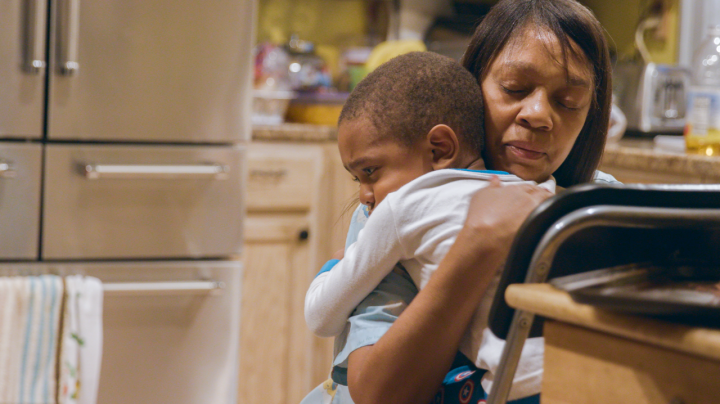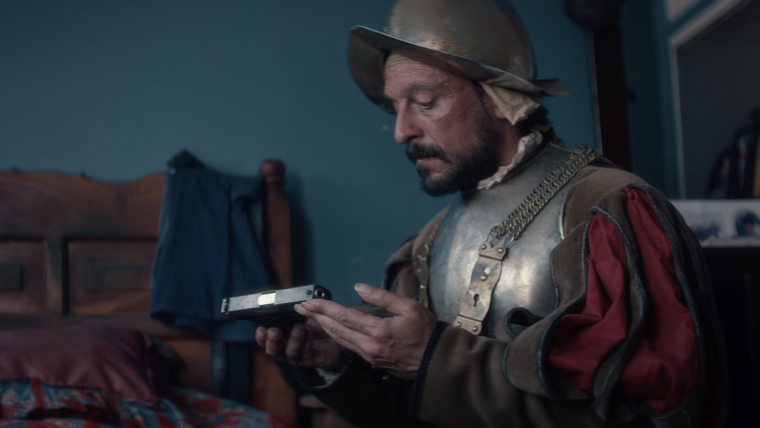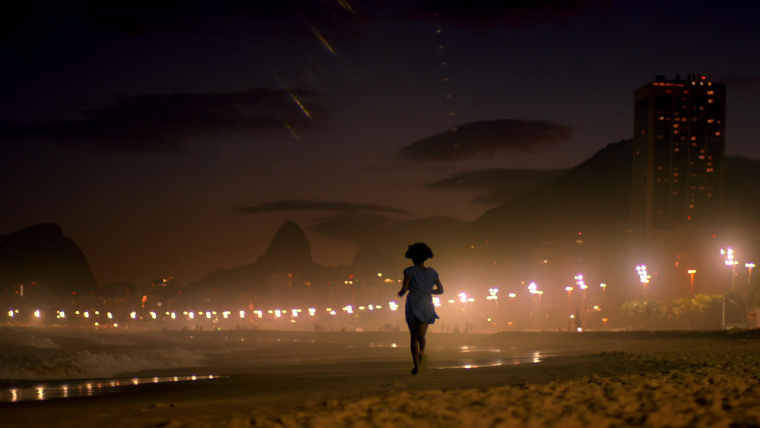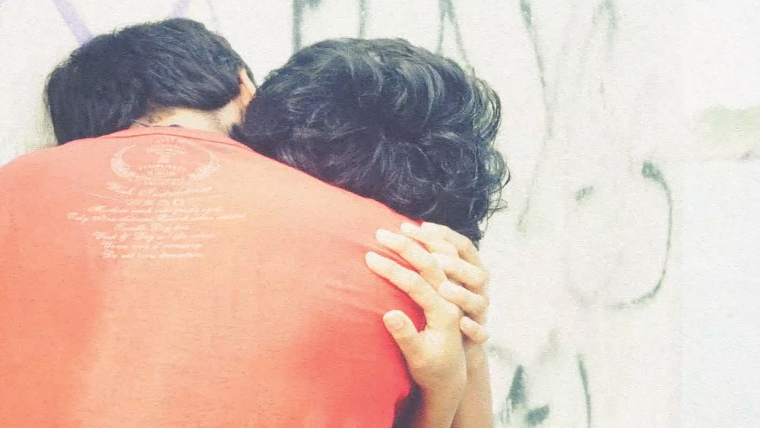<em>Through the Night</em>
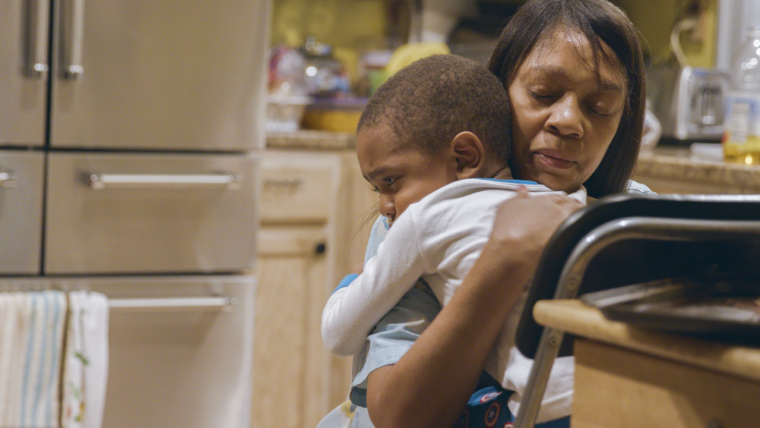
Loira Limbal’s tender portrait of a child care facility is one of the underrated gems playing at Tribeca. In Through the Night, Limbal’s camera follows Nunu, a woman who spends most of her days and nights watching over the adorable children of working families and single moms in Westchester, New York. She is a lifeline, a parental figure both to the kids she cares for and the moms who turn to her for help and advice. And although it may seem fun to play with kids all day, the work is grueling, taking a physical toll on Nunu, a woman who hasn’t had a vacation day in years.
Although removed from the pandemic itself, the focus on childcare has become especially poignant in the past several months, as families are straining to teach and care for their children during business hours — and that’s if they have the privilege to work from home. Without making it too obvious, Limbal’s documentary shines a light on the unspoken backbone of our economy, the child care workers who make it possible for millions of parents to go to work each day and the precarity and challenges facing them each day. It accomplishes this through a sympathetic story, humanizing the experiences of a small community that blossomed out of this 24-hour daycare.
